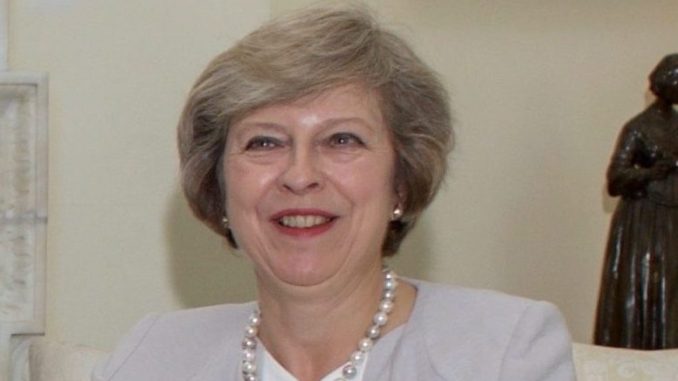
Four simultaneous major conflicts are on the horizon in Europe this week. All will have significant implications for the United States.
The most obvious among them, currently, is the continuing violent protests in France. As addressed yesterday, they are not only continuing after their initial singular demand has been fulfilled, they are growing. The French Foreign Minister admitted in an interview with the RTL radio service that their security services are investigating possible incitement from Russian agents.
From the Sydney Morning Herald:
Russia has been criticised for using social media to influence elections in the US and elsewhere. Attempts to use fake news reports and cyber attacks to undercut the Macron’s 2017 presidential campaign failed, but Russian-linked sites have pushed reports of a mutiny among police and of officers’ support for the protests.
Another political crisis is brewing across the channel from France, as Theresa May is poised to push through a vote on her Brexit deal on Tuesday. It is not expected to pass. May insists that this is the only valid path forward, there will be no other ready option. With the deadline for Brexit approaching, she may be correct. A Brexit without any trade deal in place or even an established backbone for the negotiations is projected to be devastating to international markets.
May retains the ability to postpone the vote, and that eventuality is being strongly rumored due to a scheduled statement to the MPs today, as being reported by the BBC. Postponing an already scheduled vote is an exceedingly rare event in Parliament, however, and would signal a potentially devastating setback in the attempt for a managed Brexit.
In the Ukraine, local media source Unian reports at least eleven small incursions into Ukranian territory by Russian forces on Sunday. These have been accompanied by a buildup of military weaponry on the border with the Ukraine, per Fox.
These events, coupled with the recent seizure of a Ukranian ship, have raised concerns about a potential imminent invasion of the country by Russia.
Meanwhile, in Belgium, the governing coalition has been dissolved after Flemish nationalists walked away over the weekend. The reason for the upheaval is the intent of their former ally, Prime Minister Charles Michel, to sign the United Nations Migration Pact.
From Financial Times:
While the pact is not legally binding, its opponents see its provisions in areas such as making legal migration easier, providing basic services to migrants and toughening laws against anti-migrant hate crimes as a potential catalyst for changes to national laws.
As the text of the pact was written to directly encourage its use in legal decisions, concern about it being adopted into national law by sympathetic judges is not unreasonable.
